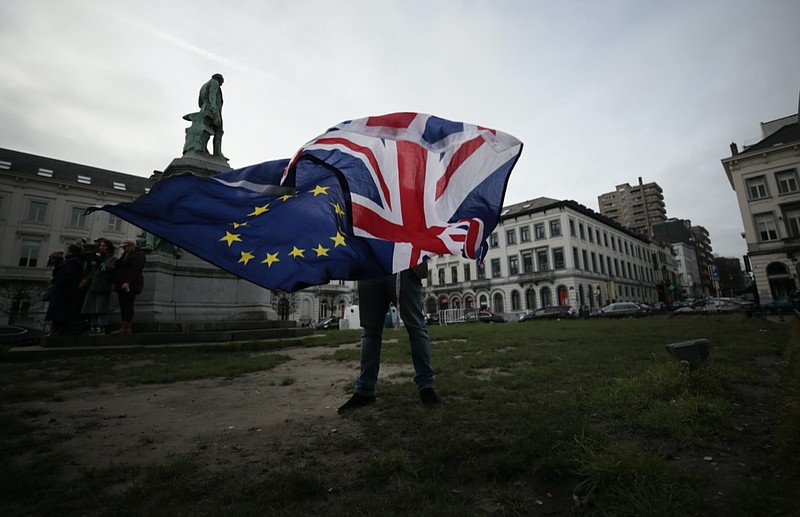Having twice been snubbed by Charles de Gaulle, Great Britain finally entered the European Union in 1975. On December 31, 2020, she headed for the exit, officially ending a fraught partnership that yielded both economic benefits and political division.
The departure of Great Britain from the EU, known colloquially as "Brexit," technically occurred on January 31, 2020, with the stipulation that the existing rules would remain throughout the year to allow for negotiation of new trade and immigration regulations. After a near miss, negotiators reached a Christmas Eve deal on some of the most critical issues, without which Britain would have crashed out of the EU and faced economic calamity. Yet while the eleventh hour pact paved the way for a controlled departure, many thorny issues remain.
Confronted with centuries of conflict, Europeans understood as early as the 17th century that economic interaction could serve as an antidote to war. The 1648 Treaty of Westphalia lowered barriers to trade and allowed for limited freedom of navigation. But it took the destruction of two World Wars in the 20th century to produce an integrated European economic and political amphictyony. Today, the successor to the original European Common Market is the largest trading block in the world and the greatest exporter of manufactured goods.
The main accomplishment of the EU has been the elimination of trade barriers and travel restrictions across the 27 national borders of the member states, truly one of the great economic and geopolitical success stories of the postwar world. But the EU has been far from perfect, owing more to politics rather than economics.
While many member states were willing to partially subordinate their own national sovereignty to the whole, Britain chafed at the bureaucracy. So much so that it refused to adopt the new common currency, the Euro, instead retaining the pound sterling as its domestic standard of exchange. Furthermore, not all members contributed equally, while some are viewed (rightly) as exerting inordinate influence.
Tensions grew following the financial collapse of 2006 and reached a boiling point during the ensuing refugee crisis that left many citizens of the island nation frustrated at the perceived lack of control over their own border policies. Responding to growing unrest, Prime Minister David Cameron promised in 2013 to hold a referendum to settle the matter once and for all. To his shock, the 2016 vote yielded a 52-48% majority in favor of "leave." Careful what you wish for.
Of course, the ideal was simpler than the reality. The EU never contemplated such an eventuality and had no mechanism in its charter allowing a member to un-friend the EU. Months and years of negotiations followed, including several failed attempts by former Prime Minister Theresa May to gain majority support for her proposals. In 2019 she ceded the leadership of the Conservatives, making way for the flocculent and idiosyncratic Boris Johnson. In the event, Johnson cut a deal with the EU to stand pat through 2020 while a trade pact was hammered out. The current agreement, adopted by both the British and European parliaments, retains many important aspects of the previous trade regime.
The agreement's primary accomplishment is to protect free access of British and European manufacturers to the goods of each other. The plan avoids tariffs and quotas as before but imposes additional border checks and customs rules at ports and crossings. Especially critical is the retention of the open land border between the Independent Irish Republic (which remains in the EU) and British Northern Ireland (which leaves the EU but marginally strengthens trade ties).
However, the plan does not address trade in services, which comprises 80% of Britain's economy and heavily affects the city of London, the world's second-largest financial center. Negotiations are set to begin in March on the critical issue, as well as other major points involving data sharing and security issues, and much depends on the success of those discussions. Still, it appears the "hard Brexit" has been averted.
How utterly characteristic of the year 2020 that one of the greatest Western realignments in 50 years has gone relatively unnoticed in the United States. Happy New Year.
Christopher A. Hopkins, CFA, is a vice president and portfolio manager for Barnett & Co. in Chattanooga.

